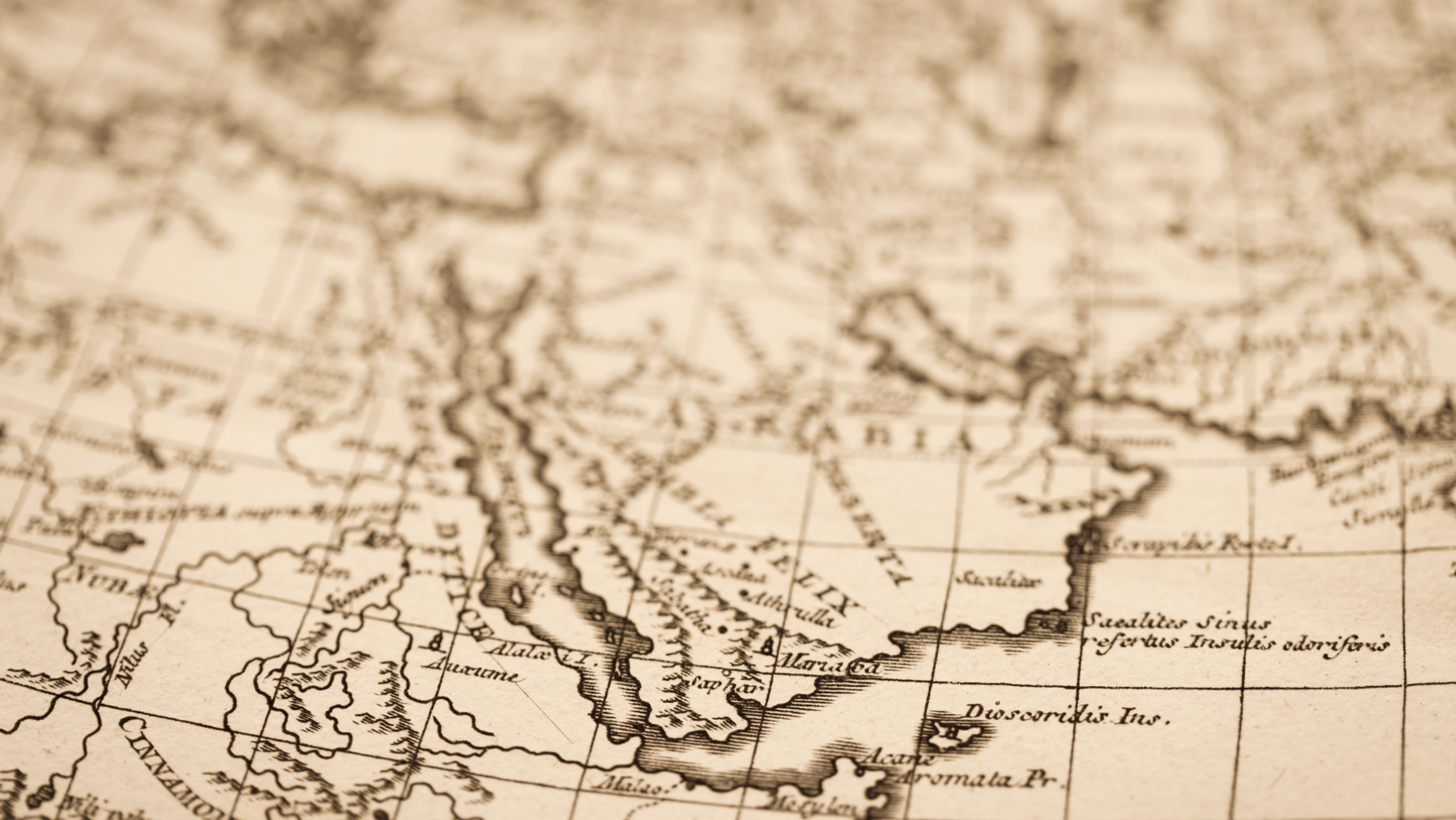Health Professions and Health History
Dr. Weam Mohammed Banjar, DDS., MS in Clinical Research
Historical events present suitable case studies to assess the interaction between health and social, economic, and political determinants. The history of the Arabian Peninsula. Regardless anthropological and archeological studies and research that had assessed the Arabian Peninsula civilization throughout the history, health history of the region is rarely referred to. Population dynamic is interactive with- and reactive to customs and traditions, available resources, geographical location, climate changes, disasters, political status, and immigration movement and traveling. Yet, the Arabian Peninsula had witnessed number of tragic epidemics and outbreaks that affected population health and influenced their behavior, social interaction, health practices and believes, and common language.
Health history of the Arabian Peninsula is yet an undiscovered treasure. Documentation preserves the history and offers reference to understand the society throughout different historical periods and determine the level and direction of interaction with health determinations. However, it is a multi-level, multi-disciplinary process that requires careful analysis of available resources that include diaries, letters, interviews, oral histories, biographies, travelers’ commentaries, folk songs, drawing, novels, newspapers articles and reports, governmental documents, stone inscription, and manuscripts. Awareness is the first step to acknowledge the importance of documenting health history of the Arabian Peninsula. Capacity building and supporting research activities are the second step. Capacity building involve not only academic training for health professionals to equip them with archeological knowledge and historical studies principles to prepare health historians but also training programs for historians to understand health determinants and their interaction with population health as well as programs designed for technicians. Studies that had assessed ancient civilization reflected that unique progress in health practices.
The classic perception of health profession that limit practice to prevention and curative aspects should be changed to engage health professions in activities beyond the classical practice. Health profession involvement in archeological activities, manuscript analysis, and historical events assessments should help draw a better conclusion of ancient civilizations.



